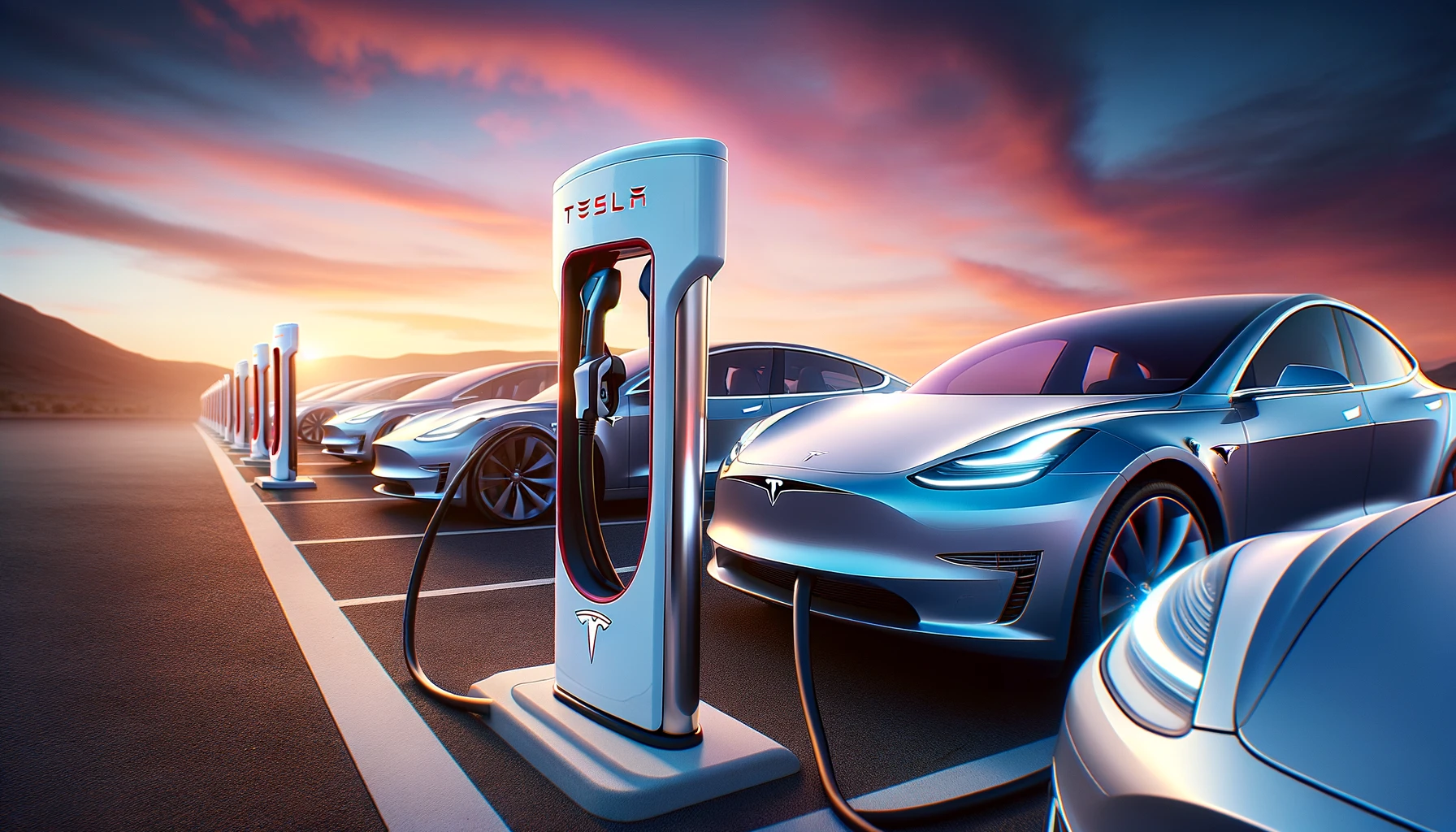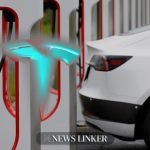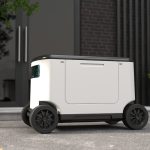Tesla, Inc., under the visionary leadership of Elon Musk, has not only revolutionized the electric vehicle (EV) and clean energy industries but has also navigated complex challenges regarding intellectual property and cybersecurity.
Since its founding in 2003, Tesla has introduced groundbreaking vehicles like the Roadster, Model S, X, 3, Y, Semi, and Cybertruck, with the Model 3 and Y achieving remarkable global sales.
The company’s innovative spirit extended to its unprecedented decision to make Tesla patents freely available, a move aimed at fostering industry-wide innovation in sustainable transportation. However, this openness led to challenges, notably when startups like Rivian allegedly exploited Tesla’s patents, prompting lawsuits over intellectual property theft.
Moreover, Tesla faced a cybersecurity threat from corporate espionage, exemplified by an incident involving an employee bribed by a spy agency to insert malware into Tesla’s systems. Although this crisis was averted, it underscored the persistent risk of cyberattacks, raising critical questions about the balance between knowledge sharing and protection in the tech industry.
As Tesla continues to push the boundaries of clean technology, these challenges highlight the intricate dynamics of leading innovation while safeguarding corporate assets and information. Tesla’s journey, characterized by significant expansion, groundbreaking product launches, and a commitment to sustainability and diversity, reflects its role as a beacon of progress and resilience in the face of complex legal and security challenges.







